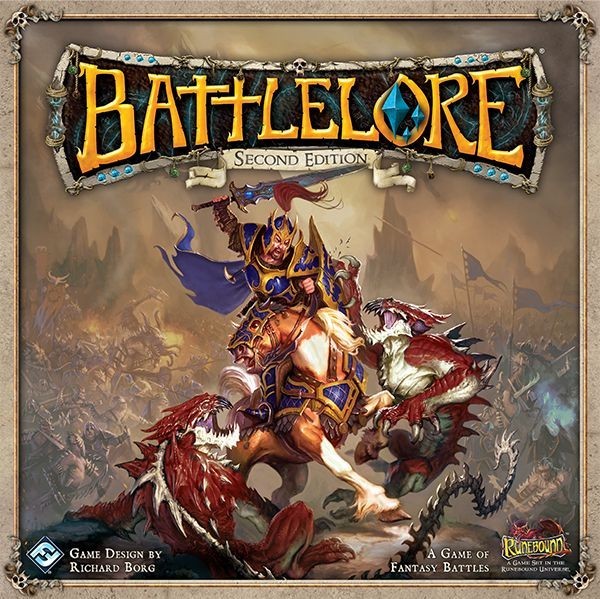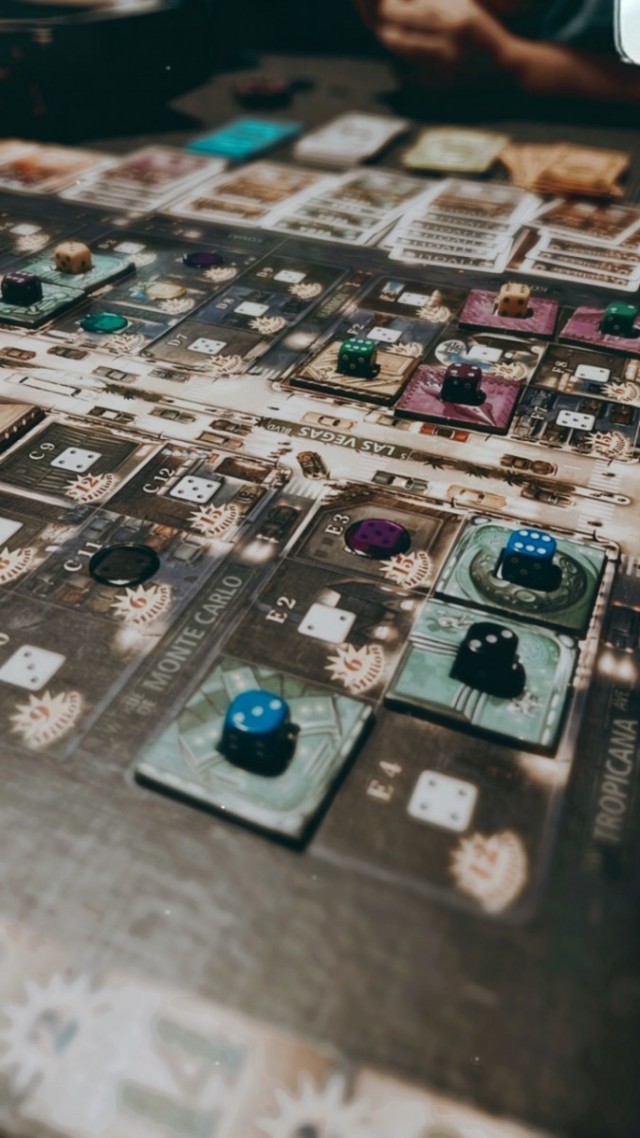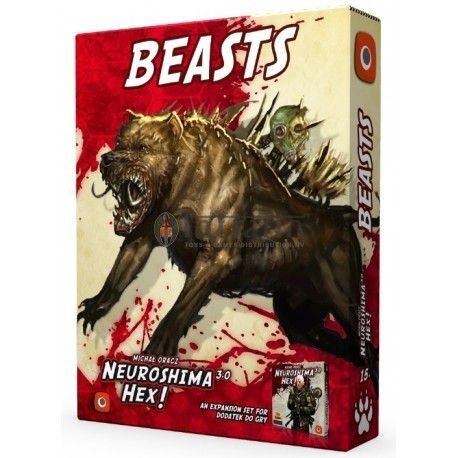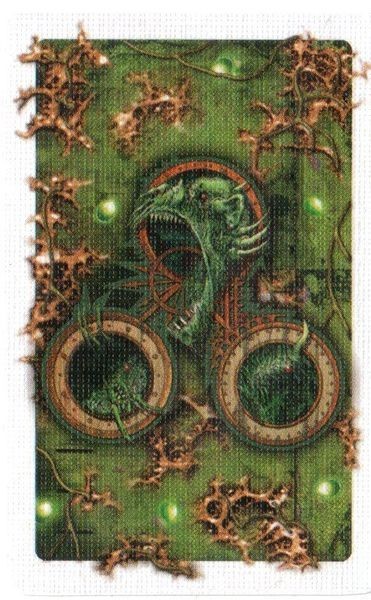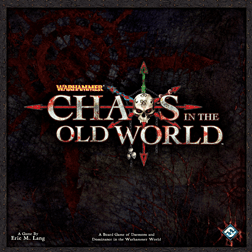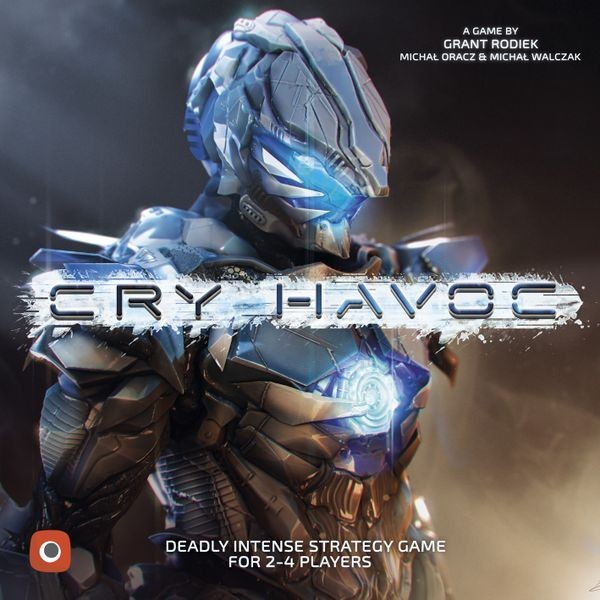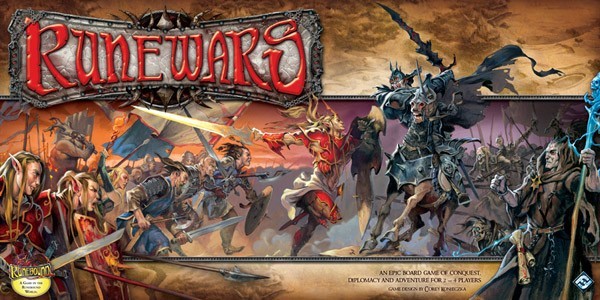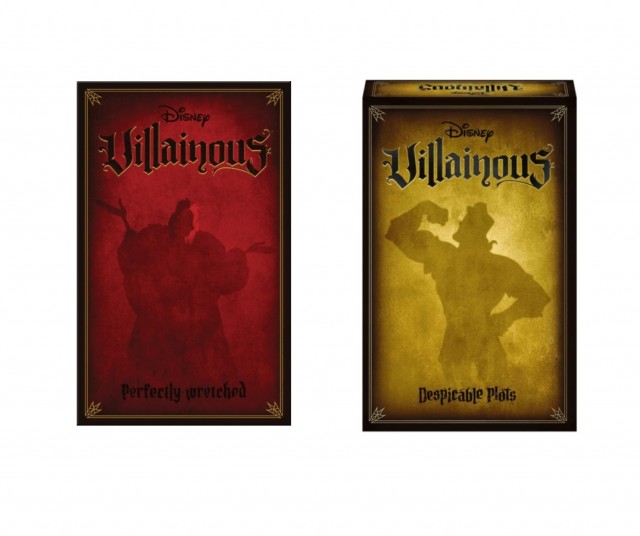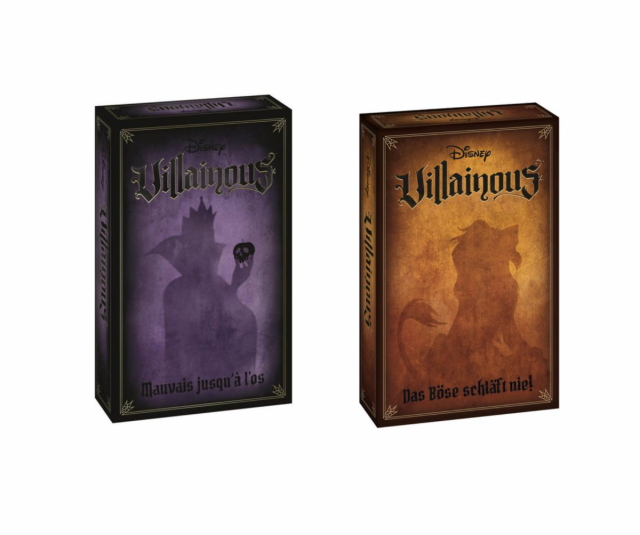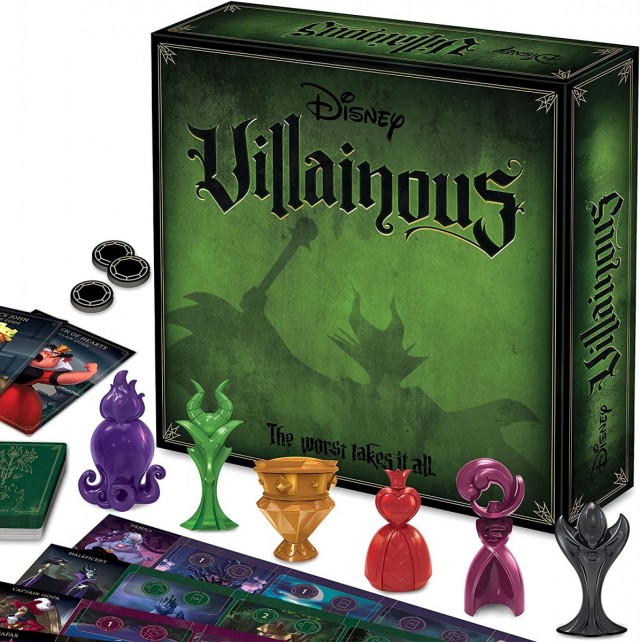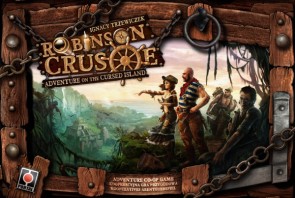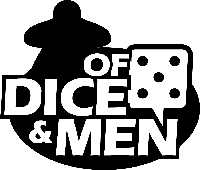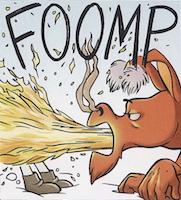Robinson Crusoe, its Event Deck, and Consequence
I've decided to start a series where I take games in my collection and think about them via the one mechanic I think defines them. I'm starting with Robinson Crusoe.
Robinson Crusoe is a great game for a number of reasons, but the defining theme of the game is consequences. I believe it's the first co-op game to really get consequences right, therefore making it the best game in the genre. At its heart, Robinson is a card flipper, like many co-ops, but the addition of foreseeable (and often preventable) consequences to choices sets it apart. You can see this in Pandemic, via its seeding the top deck, but I argue it is perfected here.
No part of the game embodies the theme better than the event deck mechanics. The event deck has two characteristics that introduce "what goes around, comes around" choices. First, event cards suffered during adventures are taken from their decks and reintroduced into the event deck after they have been resolved. This introduces some critical pacing into the game and specifically defines wildly varying subnarratives, unique to each game, in addition to the metanarrative defined by the overall objective. Will the beast that attacks me come back? Will the rickety shack I built with bad wood fall apart before I leave the island? The key part of this mechanic is that sometimes the answer to those questions is no. Designer Ignacy Trzewiczek wisely made the player shuffle these cards frequently, and introduced the possibility that these cards would not resurface by ending up at the bottom of the event deck. The player needs to decide whether to prepare, take their chances, and how to gamble on when the consequences will strike. By making these issues a risk/reward proposition tension becomes palpable.
Second, all plot style events have an instant effect and a later preventable effect if left unattended. The instant effect is the same mechanic you know and hate/love from games like Arkham Horror. The genius of the system, however, is to make all later events preventable and, furthermore, give you a reasonable but tight several turn timeframe to ameliorate them. Again, this introduces subplots into the game below the metanarrative of getting off the island or confronting cannibals. Furthermore, virtually all of the preventable events tie into the invention system. Preventing future problems is not just a question of spending valuable time (worker placement), but, in fact, often demand multiple turns of scrambling to create the proper invention before solving the problem with a worker. You can always tell someone who has not played the game before by seeing if they build the shovel in the first two turns. Juggling multiple immediate vs. long term goals makes Robinson Crusoe a richer co-op game than any I have played and facilitates additional player input and creativity regarding the order and method that problems are tackled.
By playing with consequence through its novel event deck mechanics, Robinson Crusoe constructs narrative without inflicting that narrative on players arbitrarily. It instead builds narrative and tension over time, giving the player agency in their own story. It also gives each game multiple story threads running underneath the overarching goal, enriching the game considerably.
 Games
Games How to resolve AdBlock issue?
How to resolve AdBlock issue? 

